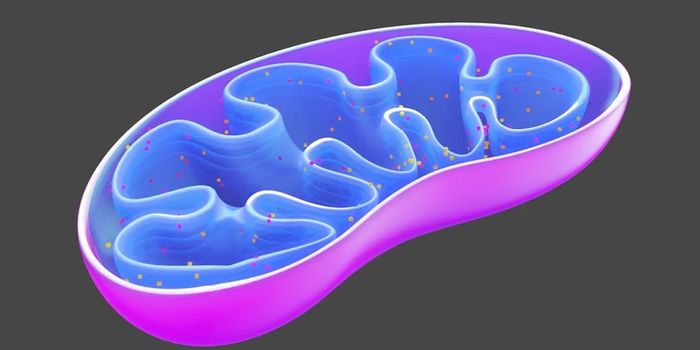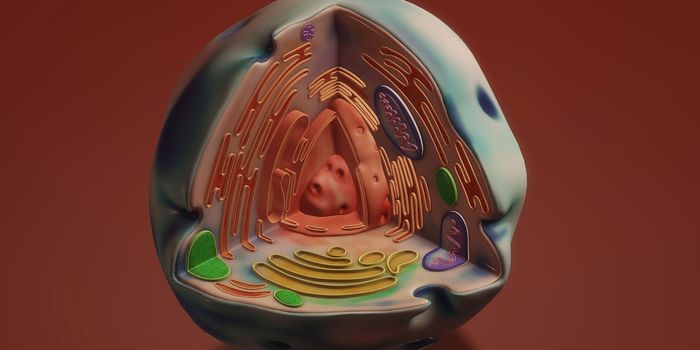Autism is Linked to Abnormal Lipid Levels
Scientists have found a cluster of genes that plays a role in the development of an autism subtype. The genes are involved in controlling brain development, as well as the metabolism of cholesterol. The researchers suggested that their findings, which were reported in Nature Medicine, may help create diagnostic tools and precision therapies for some types of autism.
The exact causes of autism spectrum disorder (ASD) are still unknown, but it's thought to be due to a complex interplay of genetic and environmental factors, some of which have been identified. For example, autism has been connected to hundreds of gene variants that may make it more likely, it is more common in individuals with fragile X or Down syndrome, and it occurs more frequently in children that are born to older parents. ASD is a complex social disorder, and can have varying presentations in different patients. This work will help add to our understanding of the molecular basis of the condition.
"Our results are a striking illustration of the complexity of autism and the fact that autism encompasses many different conditions that each arise from different causes: genetic, environmental or both," said the senior study investigator Isaac Kohane, chair of the Department of Biomedical Informatics in the Blavatnik Institute at Harvard Medical School. "Identifying the roots of dysfunction in each subtype is critical to designing both treatments and screening tools for correct and timely diagnosis; that is the essence of precision medicine."
To analyze what is surely an incredibly complex disease with a variety of contributing factors, researchers integrated different types of data, like exome sequencing data, protein expression patterns, and medical and health insurance records.
"This is what we did with our data to get a complete view of genes that have multiple regulatory functions and are implicated in autism," said study co-author Yuan Luo. He began the work at MIT, and is now an associate professor of preventive medicine at the Feinberg School of Medicine at Northwestern University.
In this study, the researchers utilized two databases, one that contained medical records from over 34 million people from various medical institutions in the United States, which included about 80,700 people with ASD. The other included 2.7 million people, 25,000 of whom were children with autism. Levels of lipids like bad cholesterol (LDL), good cholesterol (HDL), and triglycerides were included. The study showed a clear link between abnormal lipid levels and ASD.
Individuals with autism were found to be twice as likely to have abnormal lipid levels compared to people without the disorder. If there were abnormal lipid levels in mothers, they were 16 percent more likely to have an autistic child than mothers with normal levels of lipids. In fathers, abnormal lipid levels increased the likelihood by 13 percent. Children with autism were also 76 percent more likely to have abnormal levels of lipids compared to their unaffected siblings.
The work also showed that other disorders like epilepsy, sleep problems, and attention deficit hyperactivity disorder were significantly more likely in people with elevated lipid levels, suggesting that dyslipidemia might disrupt neurodevelopment. Some hormonal and metabolic disorders like anemia, hypothyroidism, and vitamin D deficiency were also more common in people with autism and dyslipidemia.
People with Rett syndrome, which is closely related to autism, carry a mutation in a cholesterol metabolism gene. This work may help explain that link. In addition, between 50 and 88 percent of kinds that have a cholesterol synthesis disorder called Smith-Lemli-Opitz syndrome also have autism.
This research may help scientists unravel the etiology of other very complex disorders, suggested the study authors. Children with autism are also more likely to have gastrointestinal disorders, so the connection between ASD and metabolism may be varied and complex.
"Our findings can help design precision-targeted treatments that home in on the specific defect underlying the development of dyslipidemia-related autism," Kohane said. "Conceptually, this is the same framework that we can apply in complex inherited neurodevelopmental disorders like autism and beyond. Our multimodal approach combining multiple types of data demonstrates that this is not only possible but imminent."
Sources: AAAS/Eurekalert! via Harvard Medical School, Nature Medicine









